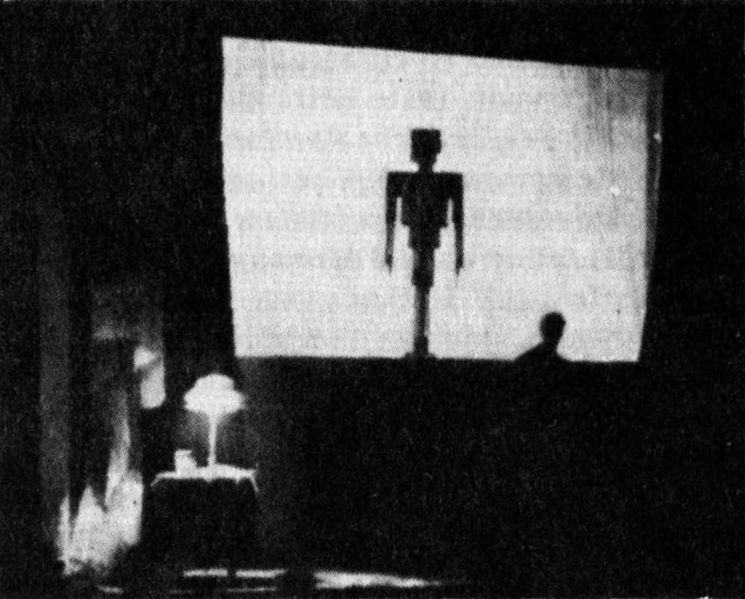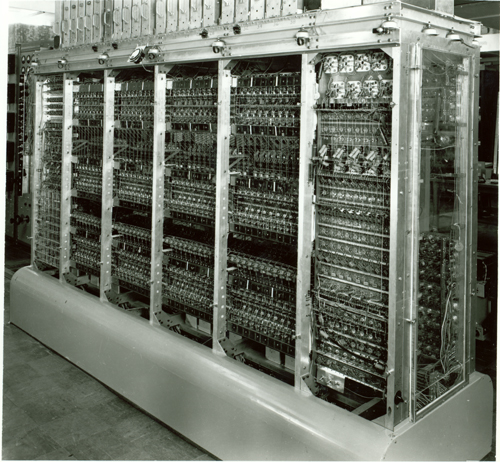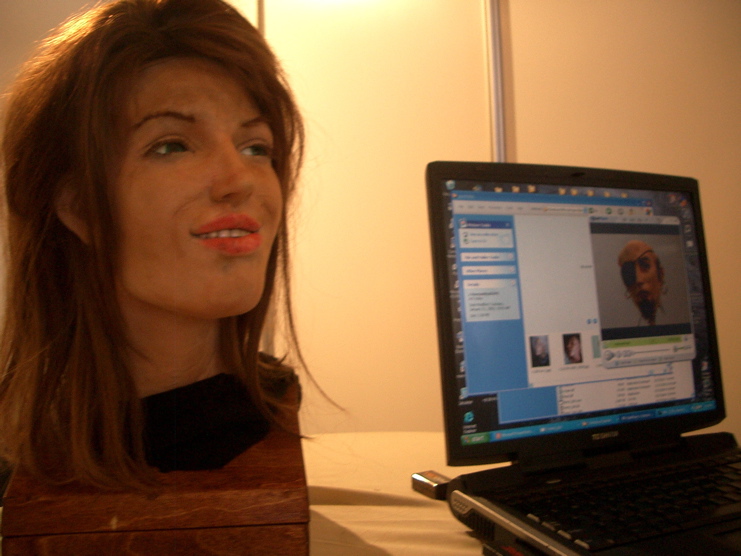A bunch of my favorite articles from the first half of 2012. All available for free.
- “Of Flying Cars and the Declining Rate of Profit” (David Graeber, The Baffler): The anthropologist explains why we never truly entered the Space Age.
- “How to Survive the End of the Universe,” (Andrew Grant, Discover): Fascinating account of how humans can escape oblivion as our solar system changes over the next few billion years.
- “Was Frankenstein Really About Childbirth?“ (Ruth Franklin, The New Republic): Provocative piece that makes a strong case that the dread of childbirth was a major impetus for Mary Shelley’s classic.
- “One’s a Crowd” (Eric Kleinberg, The New York Times): Great Op-Ed piece about the increasing number of people living alone.
- “How the U.S. Lost Out on iPhone Work” (Charles Duhigg and Keith Bradsher, The New York Times): A deep and penetrating explanation of the complicated forces at play in job outsourcing.
- “The Power of Habit“ (Charles Duhigg, Slate): An excerpt from the author’s bestseller of the same name which explains how Pepsodent became omnipresent.
- “We’re Underestimating the Risk of Extinction” (Ross Andersen, The Atlantic): I didn’t necessarily agree with the premise (or conclusions) of this interview with philosopher Nick Bostrom, but I enjoyed its intelligence immensely.
- “A Universe of Self-Replicating Code” (George Dyson, Edge): The science historian presents a far-ranging commentary on the beginnings of our Digital Age.
- “David Edmonds on Ethical Problems” (The Browser): Excellent interview with the BBC radio producer about books that deal with moral philosophy.
- “Hustling the Cloud” (Steven Boone, Capital New York): Wonderful piece about a bleary-eyed, middle-of-the-night search for free Wi-Fi–and anything else that would seem to make sense–in a time of dire economic straits.
- “Craig Venter’s Bugs Might Save the World” (Wil S. Hylton, The New York Times Magazine): Fascinating examination of the titular biologist, who wants to make breathing bots that will cure the world’s ills.
- “Zap Your Brain Into the Zone” (Sally Adee, New Scientist): The technology writer has her gray matter enhanced.
- “The Man Who Saves Stephen Hawking’s Voice” (Catherine de Lange, New Scientist): An interesting account of why the famed physicist sounds the way he does and the trying task of keeping his voice the same.
- “The Secret Life of a Society Maven” (Alan Feuer, The New York Times): The journalist finally learns the truth about his namesake’s muddled past.
- “Spacesuit: An Interview with Nicholas de Monchaux” (BLDG BLOG): A really fun talk with the architect about his history of NASA’s Apollo gear.





